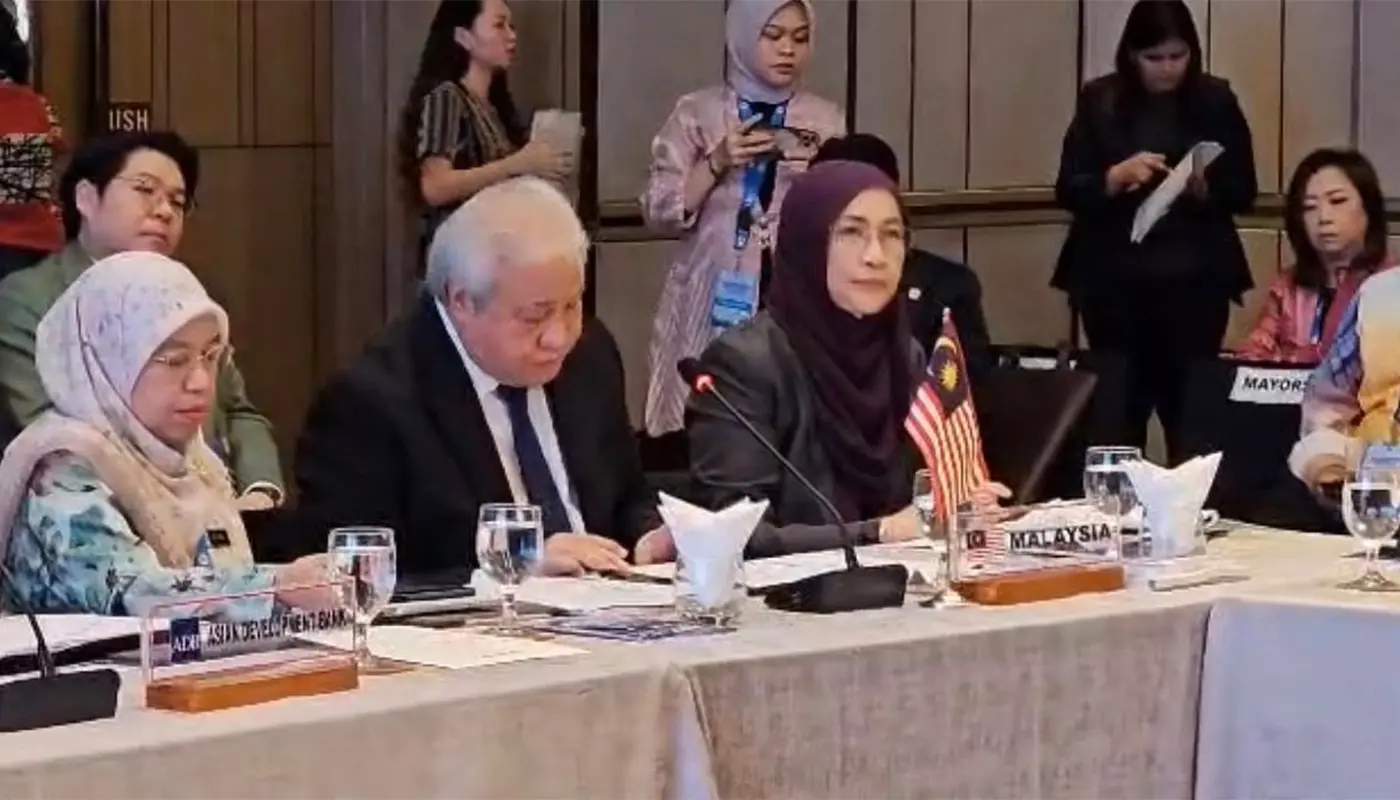DAVAO – Calls for stronger private sector involvement dominated discussions at the 7th Chief Ministers, Governors and Local Government Forum (CMGLF) in Davao City, where regional leaders gathered to chart the future of the Brunei Darussalam–Indonesia–Malaysia–Philippines East ASEAN Growth Area (BIMP-EAGA).
Representing Malaysia, Sarawak Deputy Premier Datuk Amar Awang Tengah Ali Hasan stressed that private enterprises must play a central role in driving economic transformation across the sub-region.
He described business participation as the “foundation for sustainable and inclusive growth,” highlighting the need for stronger collaboration between governments and industry players.
The forum, held at the Dusit Thani Hotel, brought together senior officials and policymakers from the four member nations.
Discussions covered a wide range of strategic issues, including maritime cooperation, energy development, workforce mobility, human capital investment, and improved connectivity.
Awang Tengah emphasised that greater private sector engagement could accelerate regional integration, expand investment opportunities, and strengthen cross-border trade.
“Robust private sector participation is fundamental to achieving sustained economic development and growth,” he said, reaffirming support for the BIMP-EAGA Business Council as a key driver of regional initiatives.
Delegates also noted that making BIMP-EAGA a competitive investment destination requires streamlined policies, harmonised legal frameworks, and enhanced security measures.
Awang Tengah added that the region must leverage its economic complementarities, such as shared resources and strategic geographic positioning, to attract global investors.
The BIMP-EAGA corridor, established in 1994, covers some of the less-developed areas of Southeast Asia but has steadily grown into a significant contributor to ASEAN’s economy.
According to regional officials, the sub-region now contributes over US$300 billion to ASEAN’s GDP and is home to nearly 80 million people, many of whom are young and skilled.
Trade within BIMP-EAGA has been rising at an estimated 7% annually, underscoring its potential as a growth engine.
Tourism and trade were also highlighted during parallel events in Davao, including a regional fair showcasing products and services from member countries.
Malaysian Consul General Deddy Faisal Ahmad Salleh remarked that collective collaboration remains the surest path to prosperity, pointing to the region’s expanding role in ASEAN’s economic landscape.
The CMGLF and related ministerial meetings form part of the broader BIMP-EAGA Vision 2035, which aims to narrow development gaps and promote inclusive growth through enhanced connectivity, sustainable energy, and digital integration.
Regional leaders agreed that the next leap forward must be anchored on private sector dynamism, supported by governments providing facilitation and policy alignment.
As Sarawak continues to champion private sector-led initiatives, the state’s delegation reaffirmed its commitment to advancing BIMP-EAGA’s long-term vision.
The discussions in Davao underscored the importance of balancing government frameworks with entrepreneurial innovation to ensure the sub-region remains competitive in the global economy.





